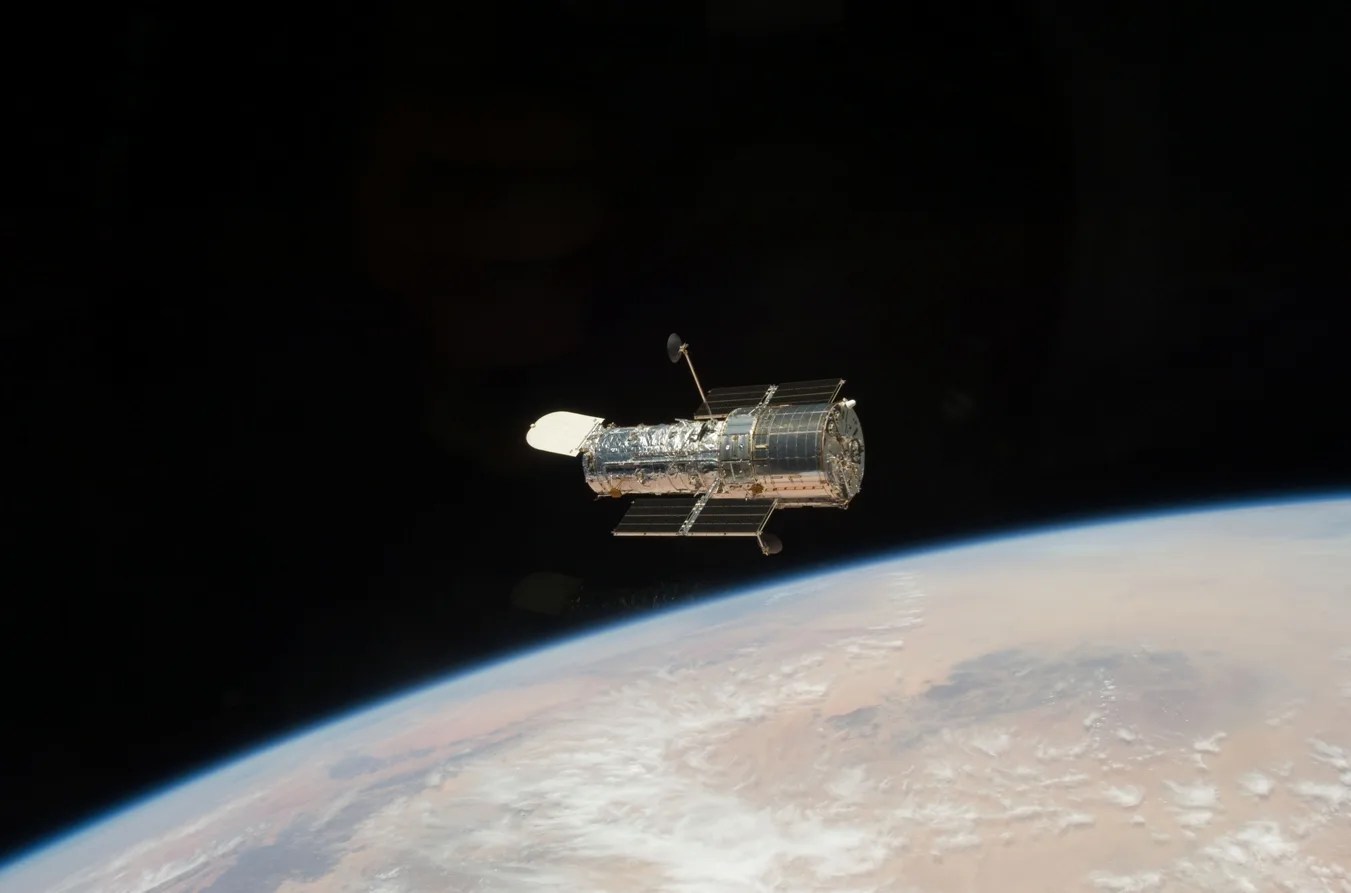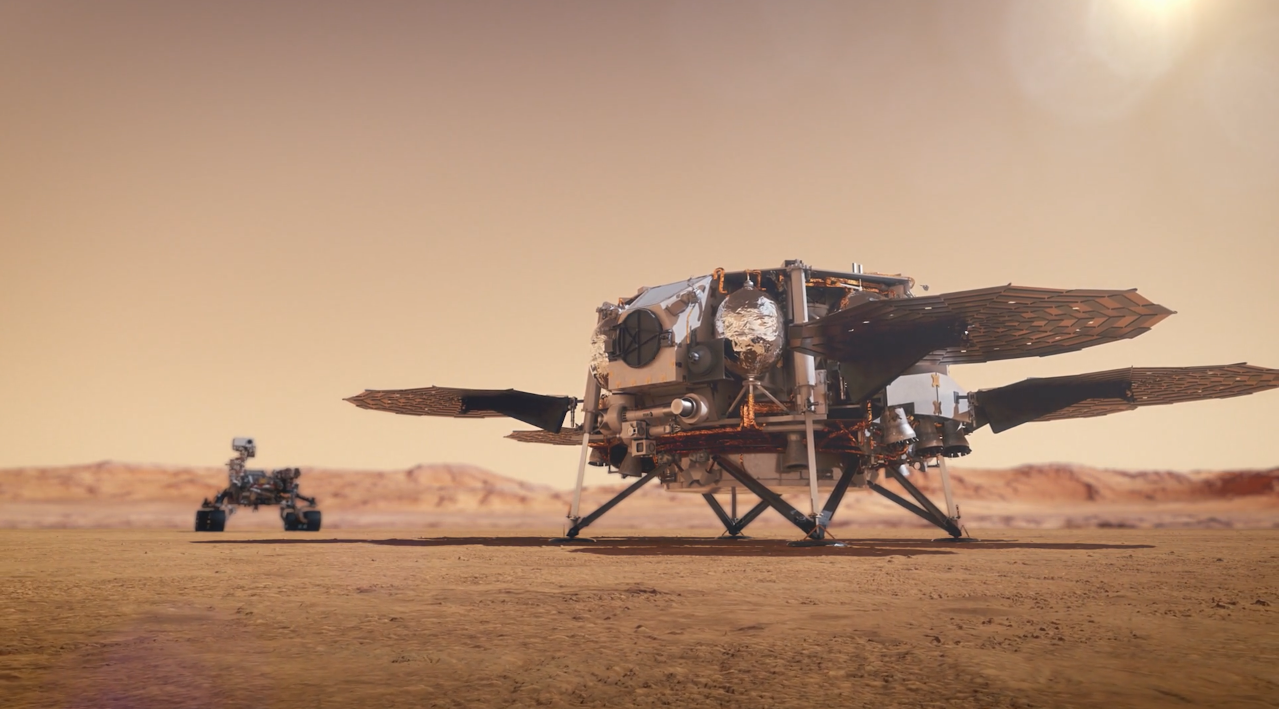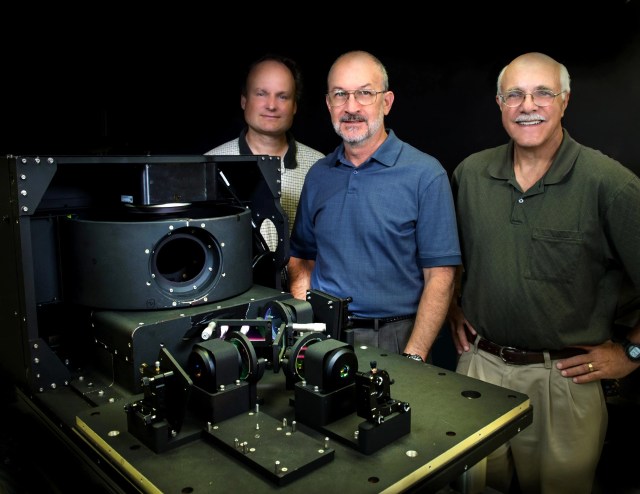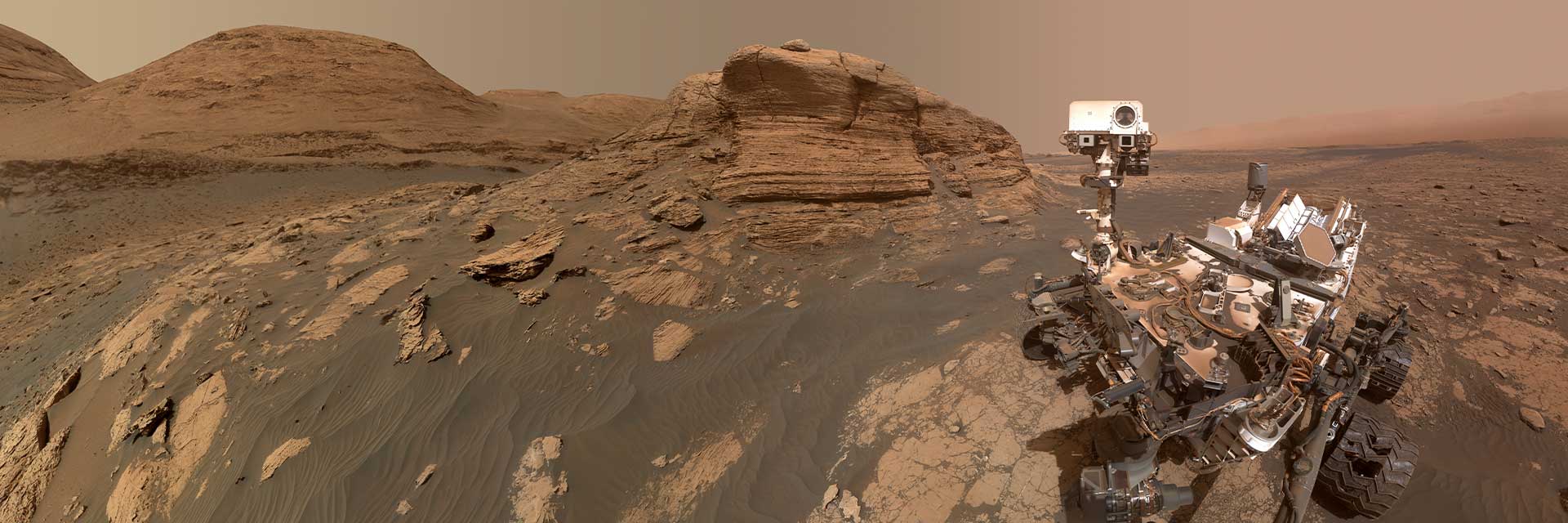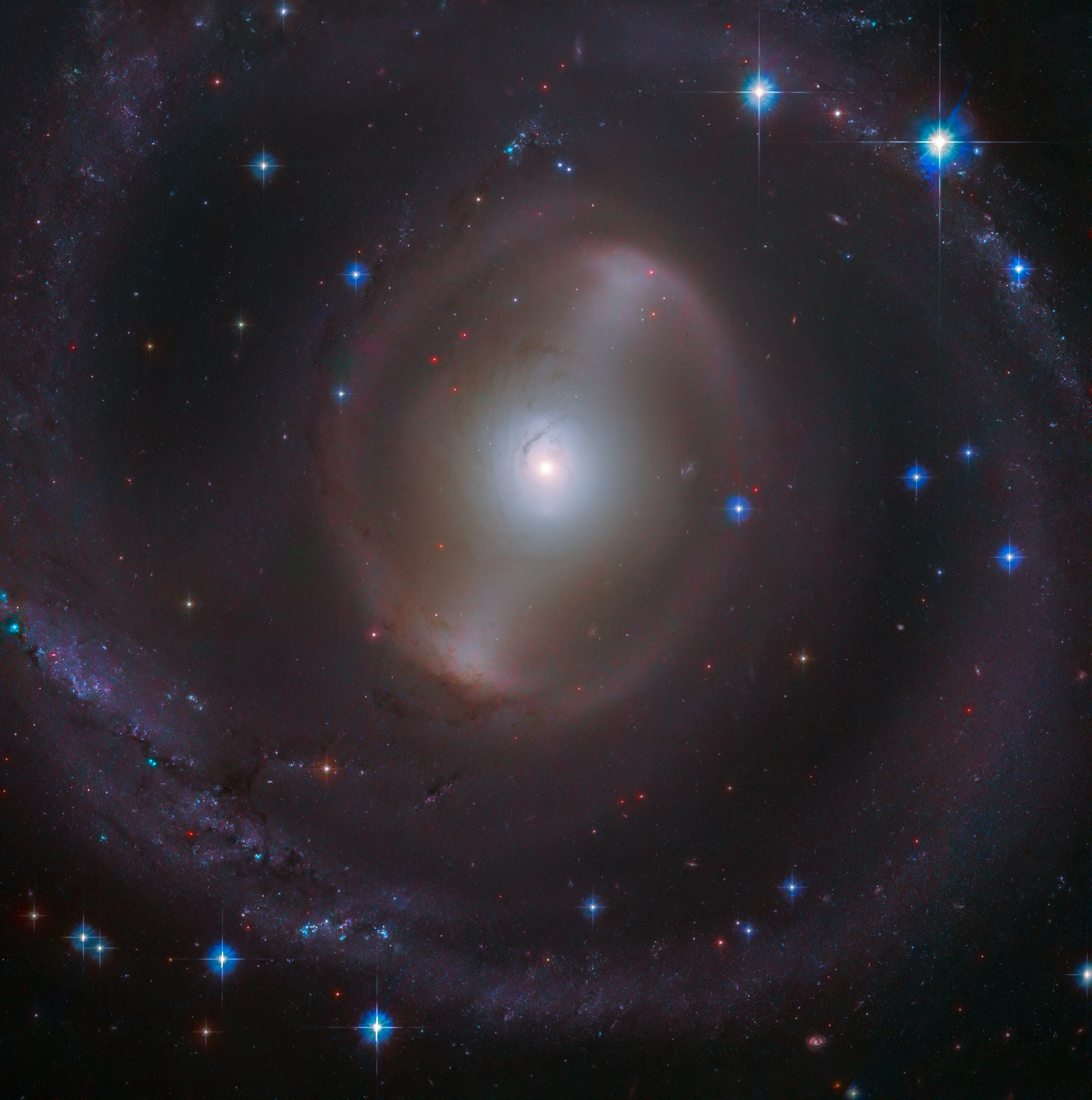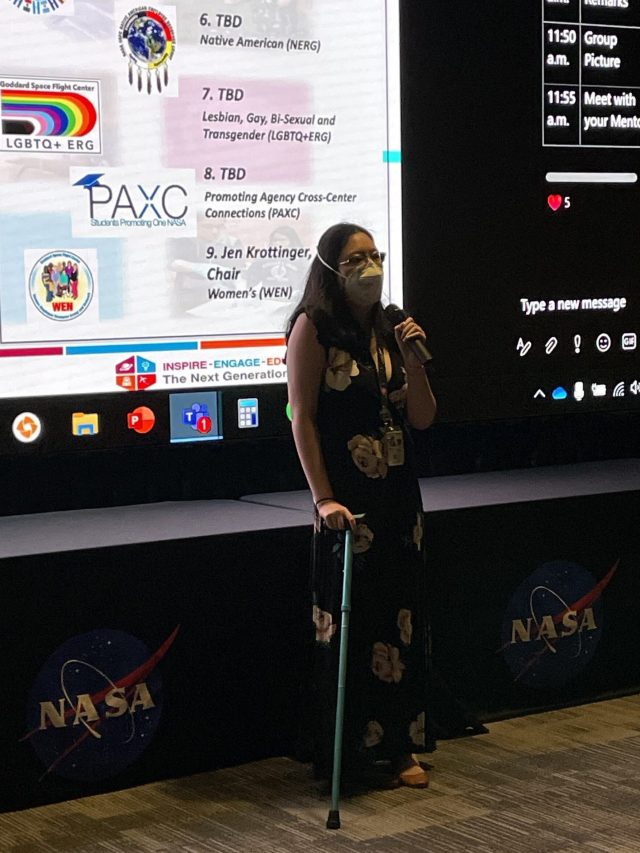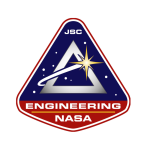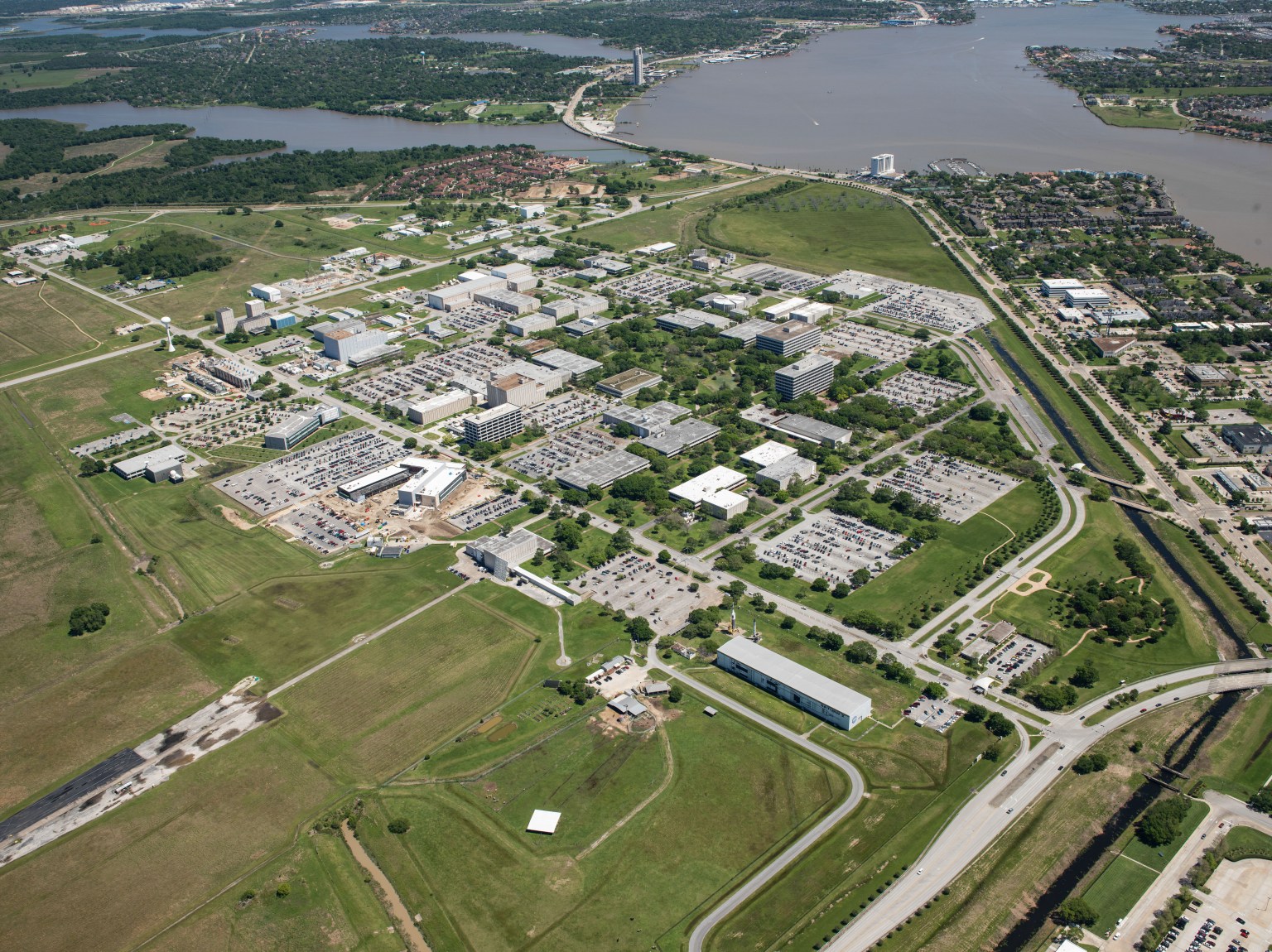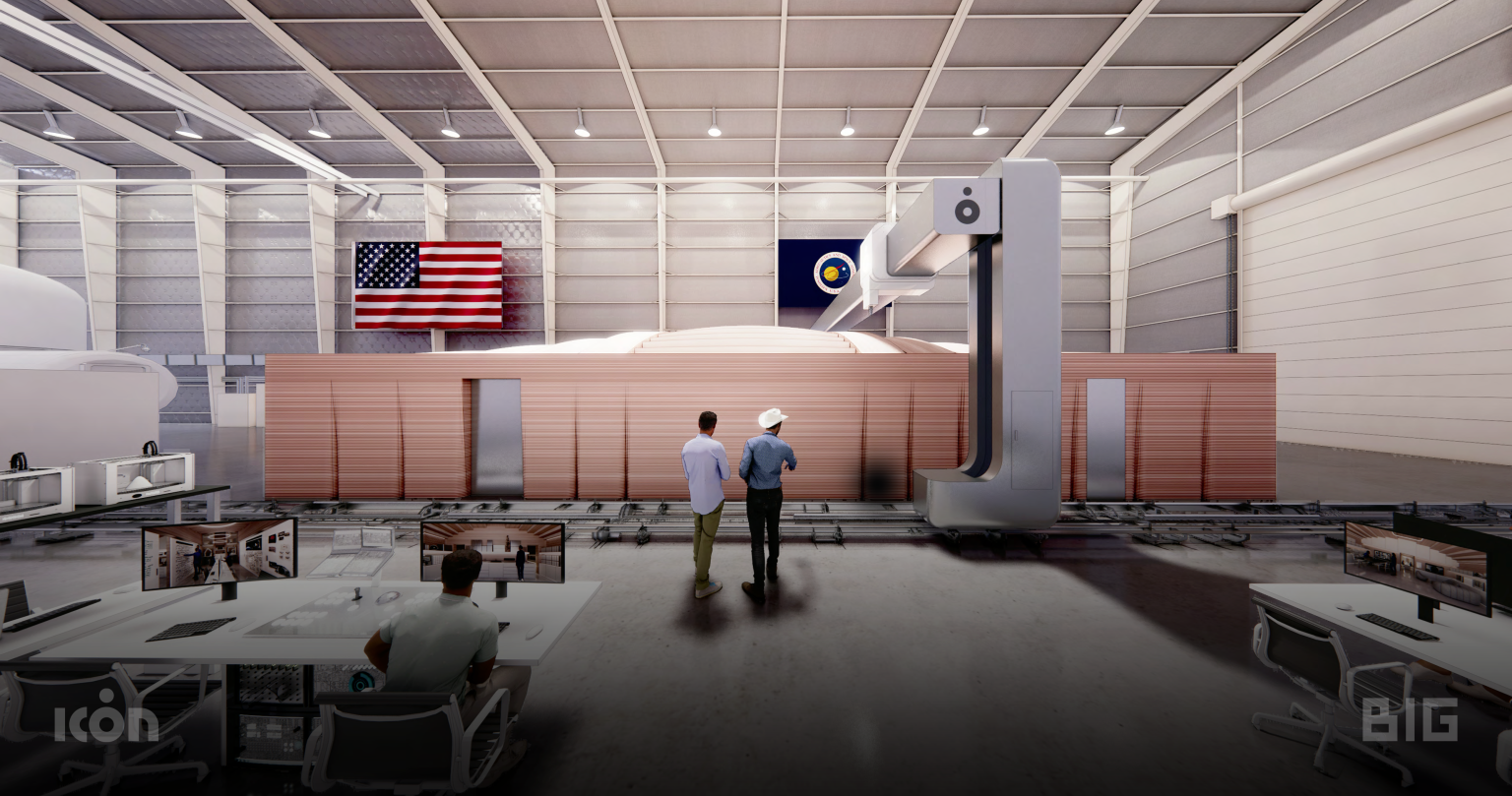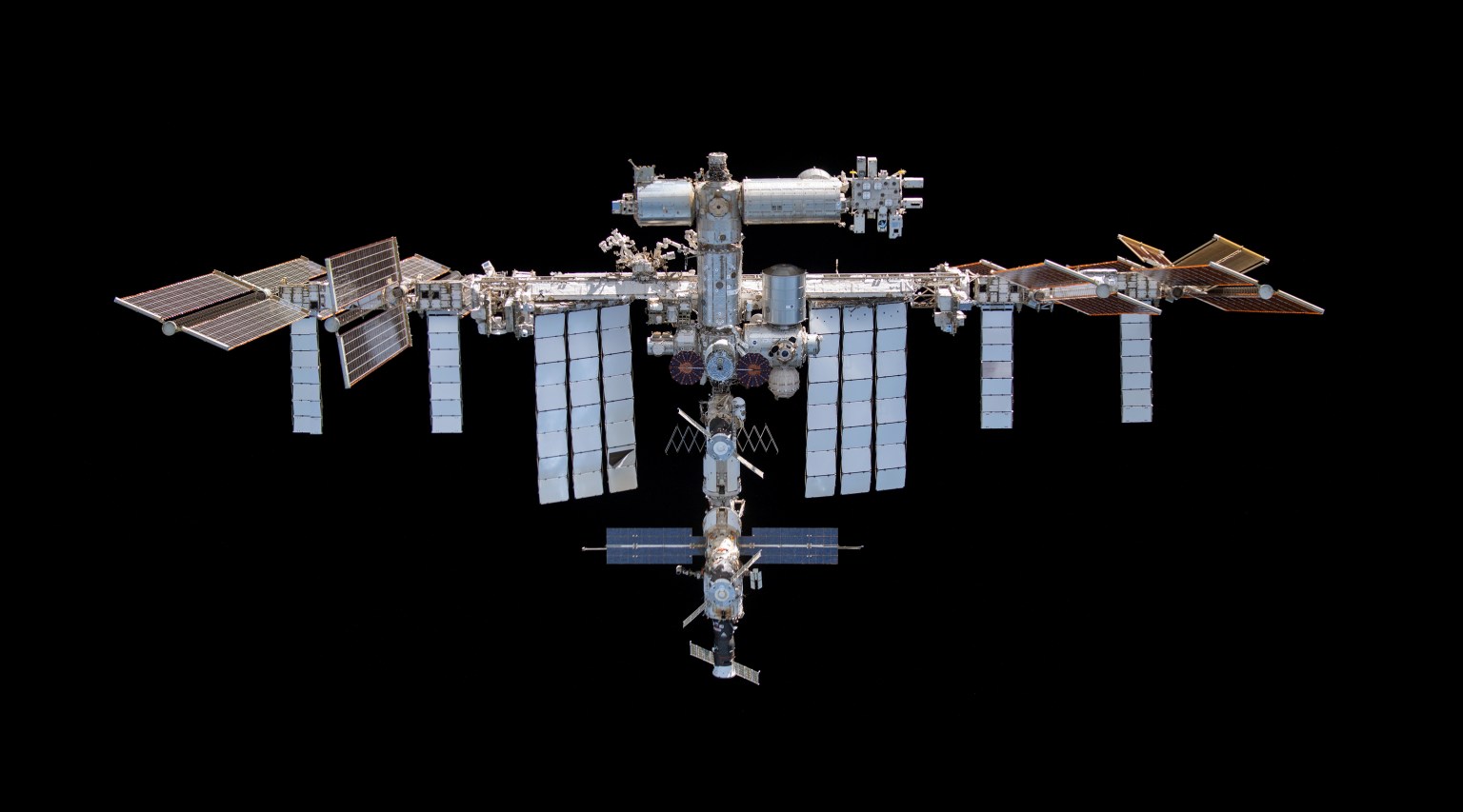Johnson Space Center Engineering Divisions
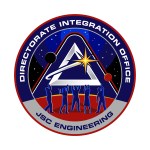
Directorate Integration Office
The EA13 Directorate Integration Office provides directorate-wide institutional assets management, information technology systems and security, integrated financial management, procurement and contract management, strategic partnership agreement processing, workforce planning, and travel and export control services.
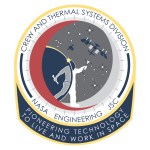
Crew and Thermal Systems Division
The EC Crew and Thermal Systems Division is responsible for designing, testing, and developing technology for environmental control/life support systems (ECLSS) and active thermal control systems (ATCS) for spacecraft and extravehicular crew members, as well as crew equipment and spacesuits for extravehicular activity (EVA) and other hazardous environments. The division provides test capability in both vacuum and thermal/vacuum environments including specialized human test facilities. In-house capability exists for softgoods fabrication, non-metallic materials development and testing, wet and gas chemical analysis, and EVA/payload mechanical equipment design.
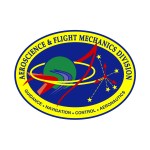
Aeroscience and Flight Mechanics Division
The EG Aeroscience and Flight Mechanics Division (AFMD) provides technical leadership in the engineering disciplines of aerodynamics and aerothermodynamics; guidance, navigation, and control flight performance; mission design; and autonomous systems. The division provides engineering design, development, testing, and evaluation for all phases of space flight (ascent, entry, orbit, and interplanetary) and for all types of human spacecraft. AFMD maintains a highly skilled and experienced workforce, premier laboratory and test facilities, and state-of-the-art analysis tools and databases. By employing these critical resources, AFMD has a demonstrated capability for providing unique and cost effective solutions to complex problems. AFMD also expands its capabilities by collaborating with other organizations (across the center, across the agency, with industry, and with academia) wherever mutual benefit can be identified.
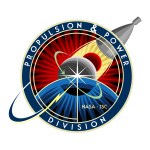
Propulsion and Power Division
The EP Energy Systems Division is responsible for providing engineering expertise for human and human supported spacecraft in the areas of propulsion systems, fluid systems, pyrotechnics, power generation, and power distribution and control systems. Additionally, the division operates and maintains facilities for testing of hardware within these areas of expertise. The division provides conceptual design, feasibility studies, analysis, development, qualification testing, flight certification, operations, and sustaining engineering. The division also pursues technology and development of new concepts for implementation in these areas of expertise.
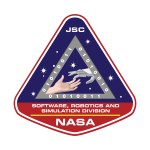
Software, Robotics and Simulation Division
The ER Software, Robotics, and Simulation Division is responsible for the activities necessary to conceive, develop, adapt, infuse, and sustain intelligent systems, robotics systems, and real-time simulation systems within the programs and tasks assigned to the Johnson Space Center. The division carries out a broad set of activities across its technical domain area, including technology and advanced development tasks; flight experiment development; flight and ground hardware and software development and supply; program support track tasks including analysis, simulation, test and verification; and crew training; for the purposes of improving system and program capability, operability, reliability, safety, and life cycle costs. The division has responsibility for a set of four major facilities and eight laboratories.
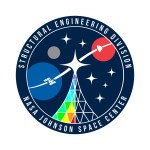
Structural Engineering Division
The ES Structural Engineering Division is responsible for the design, development, evaluation, and qualification of space vehicle structures, mechanisms, thermal protection systems, and passive thermal control systems. The division also provides state-of-the-art laboratories in which space vehicles, space modules, mechanical systems, and hardware are evaluated under launch, ascent, on-orbit, entry, and landing environmental conditions. The division also is responsible for initiating and performing programs to develop and evaluate, under appropriate space environmental conditions, structural, mechanical, and thermal concepts; and methods of analysis and testing for space vehicle applications. Primary tasks include conducting engineering and development studies of structures, mechanisms, thermal protection systems, passive thermal control systems, and mechanical systems for the advancement of technology and capabilities of space vehicles and providing direct technical support to the JSC program office and other JSC organizations.
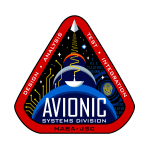
Avionic Systems Division
The EV Avionic Systems Division designs, develops, tests, and integrates the core electronic and software systems which implement spacecraft systems management, command, guidance, navigation, flight control, communications, tracking, instrumentation, and data services. It is responsible for overall avionics systems engineering design and integration for the combined avionics subsystems to support vehicle-level systems engineering conceptual studies and design activities. It maintains an advanced technical base in the core avionics technologies, and establishes and operates the necessary development, test, and verification facilities. It ensures the engineering capabilities for in-house development and provides technical direction to associated development and production contractors.

Project Management and Systems Engineering Division
The EX Project Management and Systems Engineering Division (PMSED) provides technical leadership in the engineering disciplines of project management and system engineering for all phases of the lifecycle i.e., from project/program conception through sustaining engineering and closeout. The PMSED also provides expertise for developing and maintaining technical engineering standards and tools for project and process execution, as well as large-scale integration and test capabilities and facilities for vehicle development, assembly, integration, and test.


